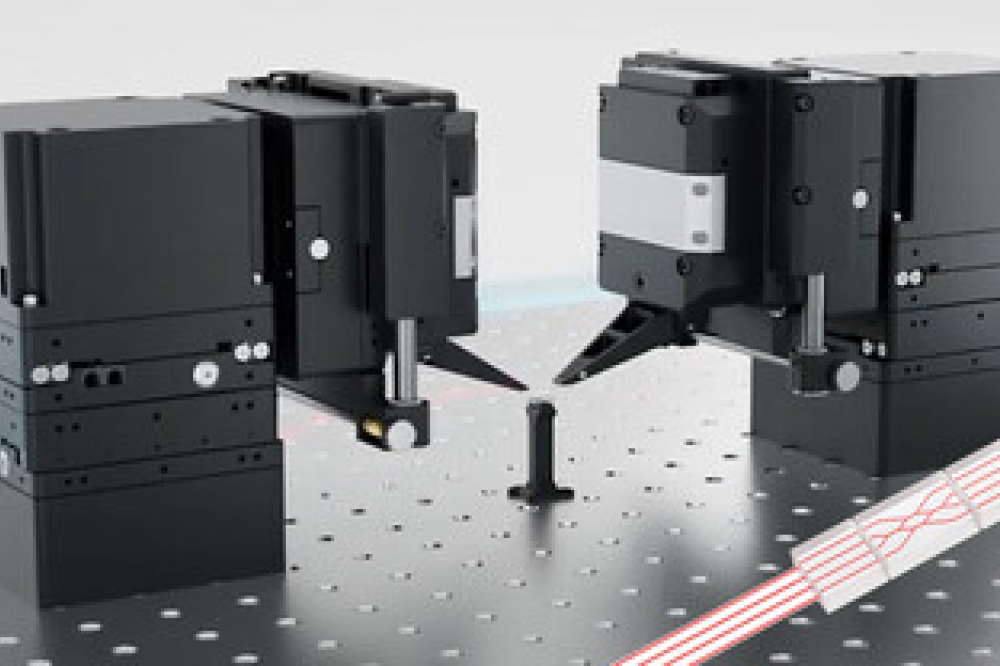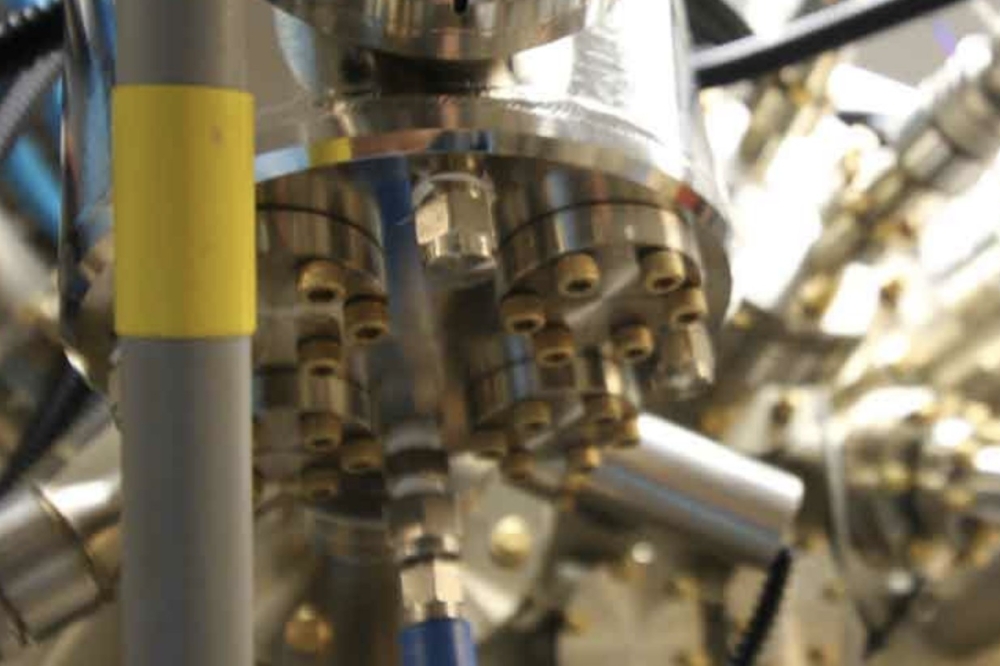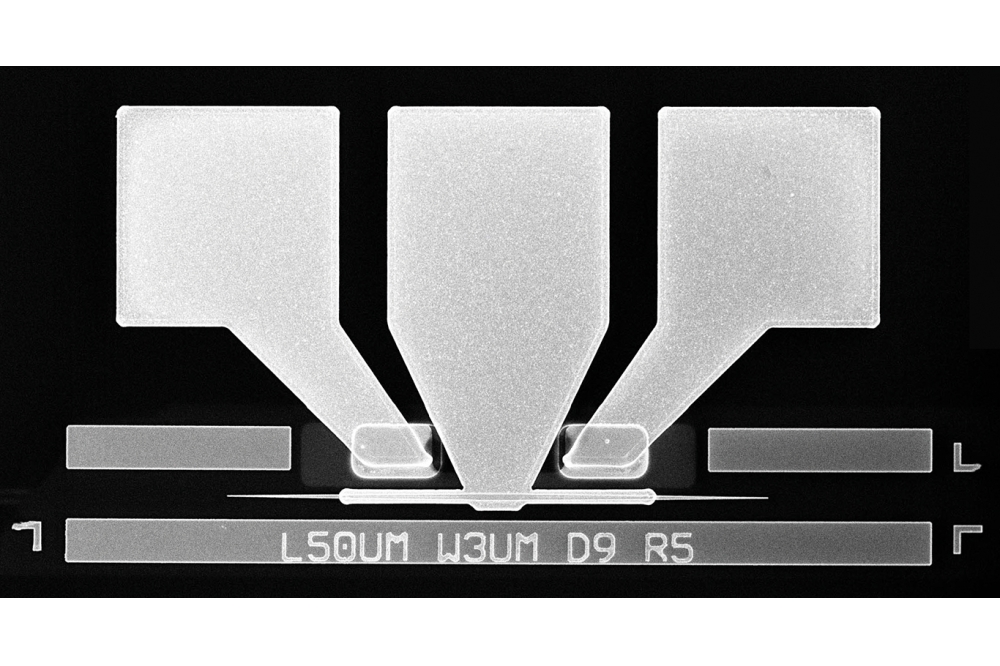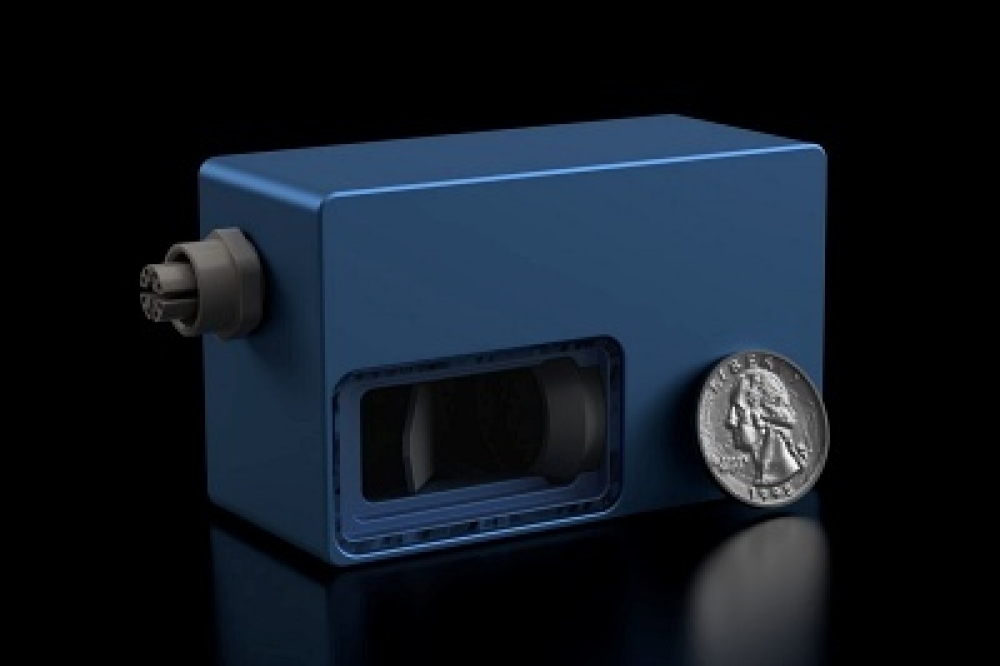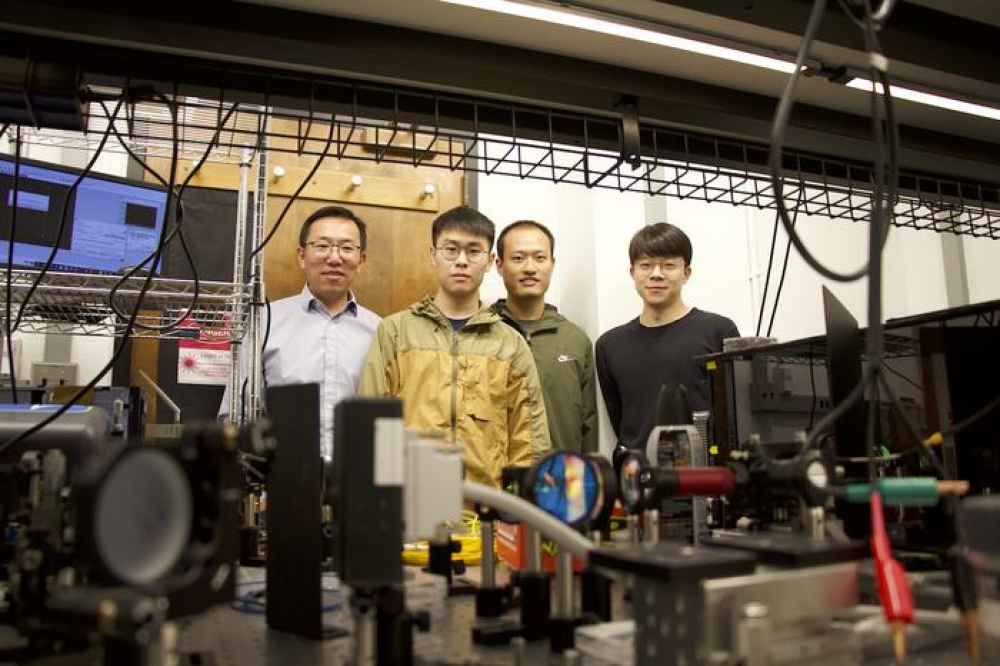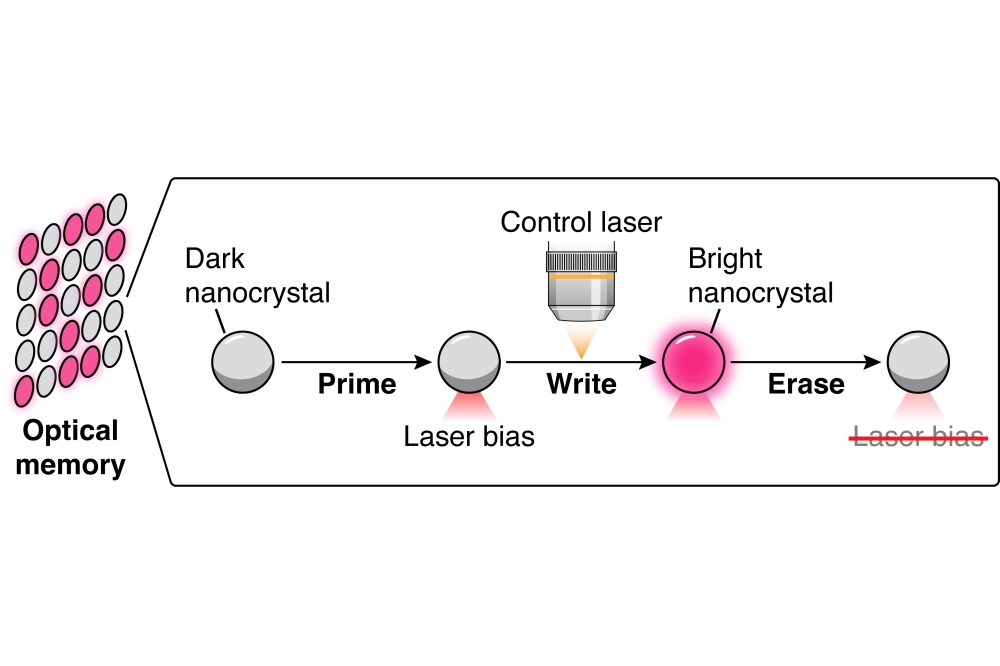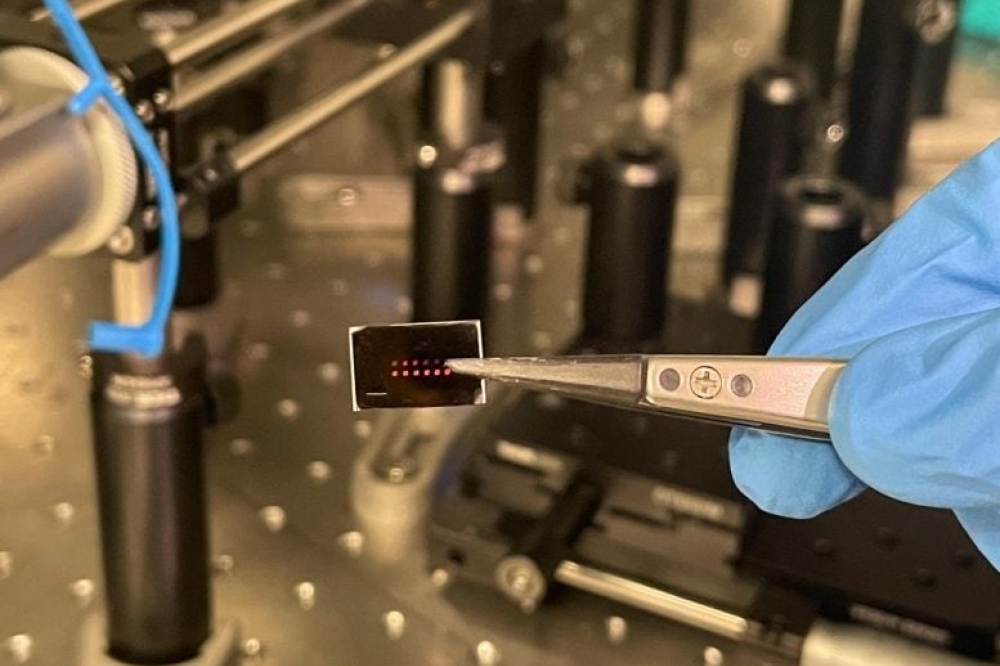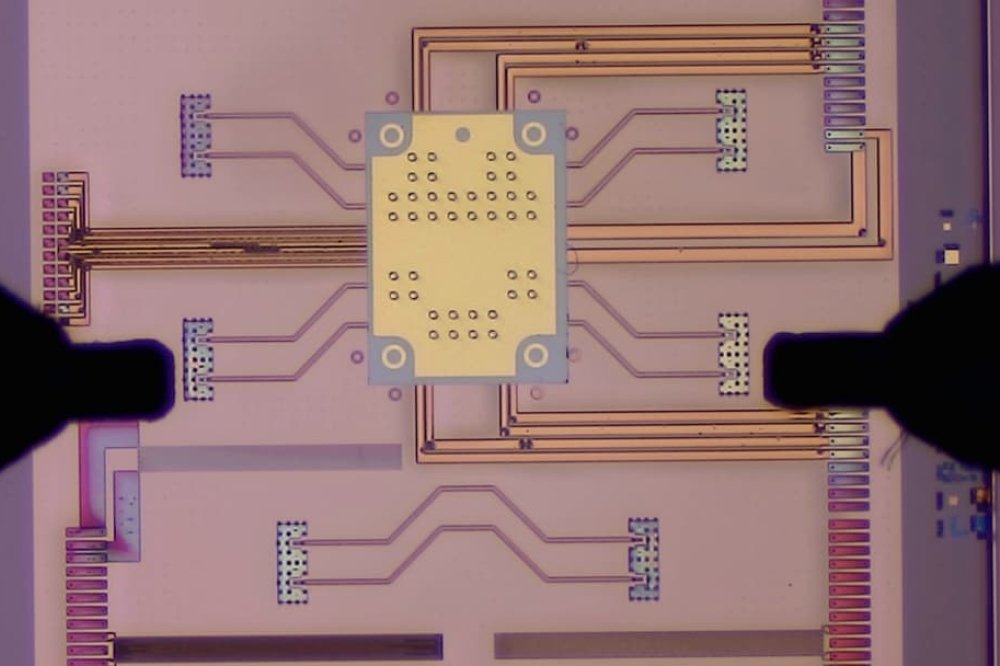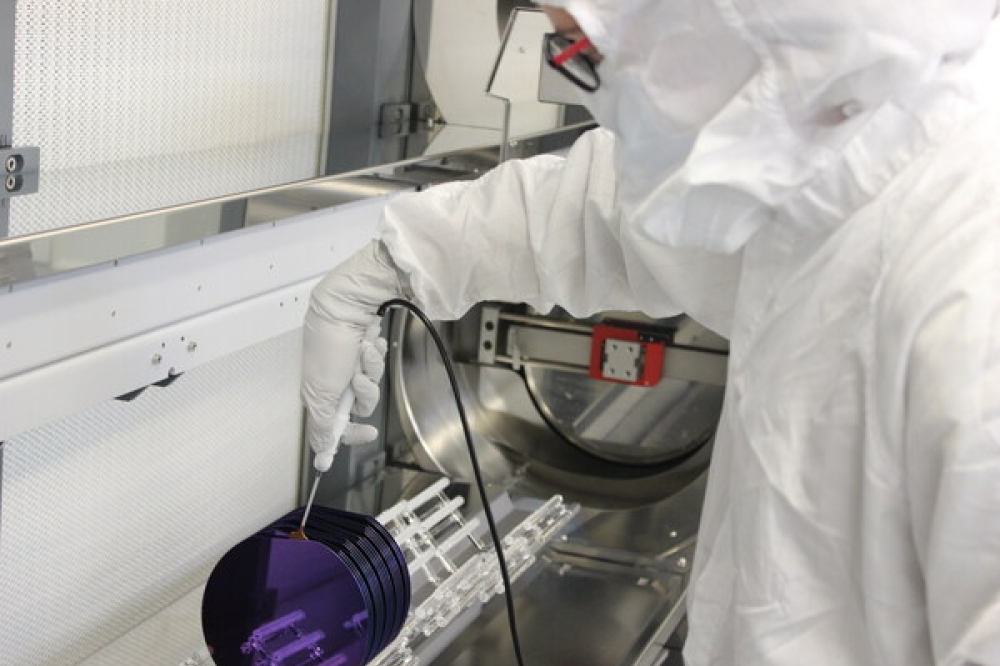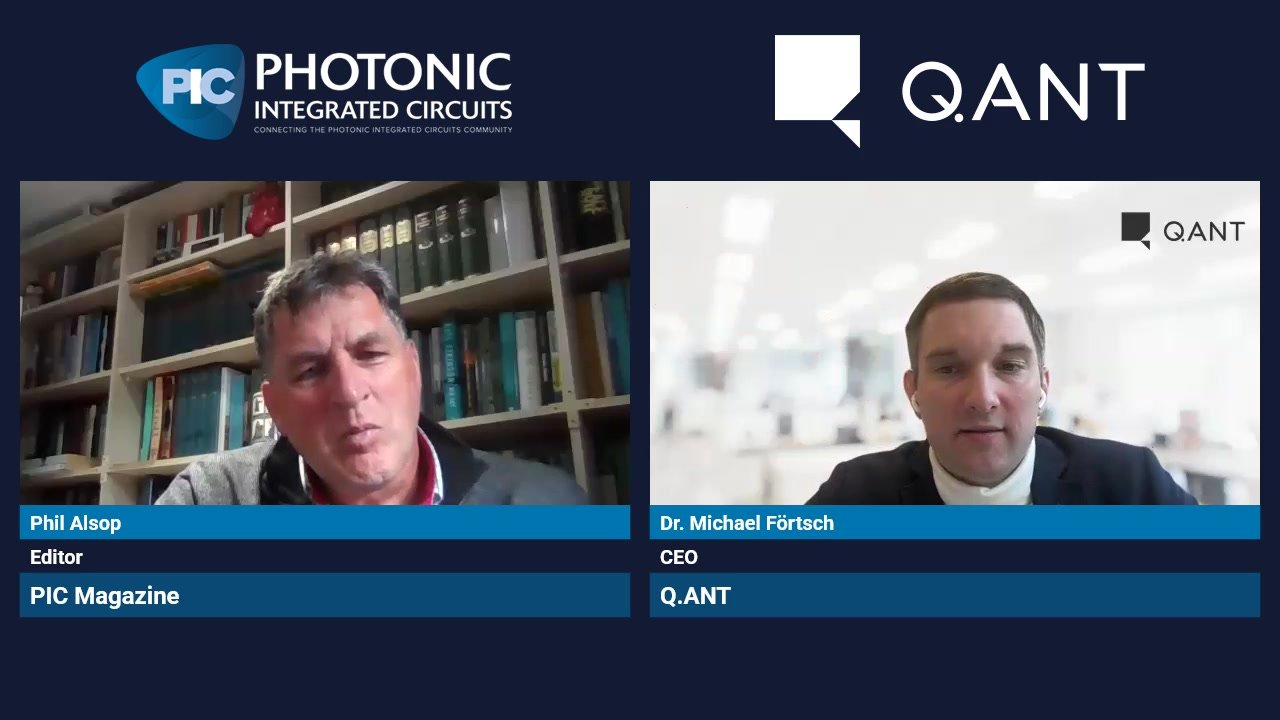Adeia and Hammamatsu Photonics enter licensing agreement

The companies have expanded their partnership with this latest deal, through which Hammamatsu can employ Adeia’s IP covering die-to-wafer hybrid bonding for its range of optical sensors
Adeia, an R&D and intellectual property (IP) licensing company, has announced that Hamamatsu Photonics K.K., which it describes as a pioneer in optical sensors, light sources and systems, has signed a new license for Adeia's semiconductor IP portfolio covering die-to-wafer hybrid bonding. This new license supplements Hamamatsu’s existing license to Adeia’s DBI wafer-to-wafer hybrid bonding and ZiBond wafer-to-wafer direct bonding technologies, and follows from a prior development license between the parties that included a DBI Ultra die-to-wafer hybrid bonding technology transfer.
Adeia says it has pioneered fundamental advances in the semiconductor industry over the last 30 years. With a large and growing portfolio of IP covering hybrid bonding, semiconductor packaging, and semiconductor processing technologies, the company adds that it licenses and partners with leading semiconductor companies around the world. According to Adeia, its patented innovations enable high performance computing, edge sensing, and AI solutions.
“DBI, DBI Ultra and ZiBond technologies are currently being deployed in leading-edge image sensor, photonics and MEMS products, and we look forward to expanding their applicability further in our various semiconductor devices,” said Takayuki Suzuki, director of the Solid State Division of Hamamatsu Photonics K.K.
Dana Escobar, chief licensing officer and general manager, semiconductor, at Adeia, said: “Our partnership with Hamamatsu, a global leader in optical sensors and systems, allows us to further expand the applicability of our hybrid bonding solutions to a wider range of optical sensors. We look forward to working together to proliferate these technologies in more diverse applications.”



